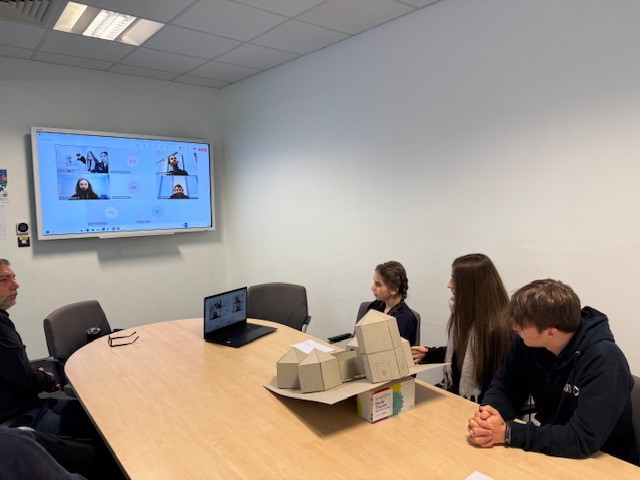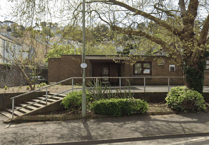FIFTEEN students from South Devon UTC had the chance to design a home for outer space.
The Year 10 engineering students took part in a nationwide project to design a habitable moon base for humans on Callisto, Jupiter’s second-largest moon.
Using current and emerging technology, the project, run in partnership with the Defence Science and Technology Laboratory, saw the students work in teams taking on different engineering roles to design the landing craft, plan food production, energy generation, water sourcing, and create a safe living environment for the crew.
Students also considered healthcare, communication systems, and developed models of their moon-base using digital tools or hand drawings.
Each team presented their project to the headteacher, head of engineering, and staff, who selected a winning group.
The winning team then had the opportunity to present their project online to DSTL scientists and engineers, showcasing their innovative ideas and problem-solving skills.
This project marked the first stage of the students’ participation in the Baker Award for Technical Education, a national award recognising excellence in employer led learning.
The students will continue to progress through the stages of the award over the academic year, building on the skills and experiences gained during the Moon Base Challenge.
The engineering pathway at there Newton Abbot college offers students the chance to specialise in one of the UK’s broadest and most in-demand sectors.
Claire Plumb, headteacher at South Devon UTC, said: ‘It was incredible to see our students immerse themselves in such a challenging and creative project.
‘They demonstrated teamwork, innovation, and real world application of engineering principles, and we were proud to see them represent the UTC so well.’
Matthew Shanks, CEO of Education South West, said:
‘This Moon-Base Challenge perfectly exemplifies the innovative and hands-on learning opportunities they provide at South Devon UTC.
‘It’s fantastic to see our students applying the engineering principles they are learning about and developing the teamwork, and problem-solving skills that will serve them well in their future careers.’





Comments
This article has no comments yet. Be the first to leave a comment.